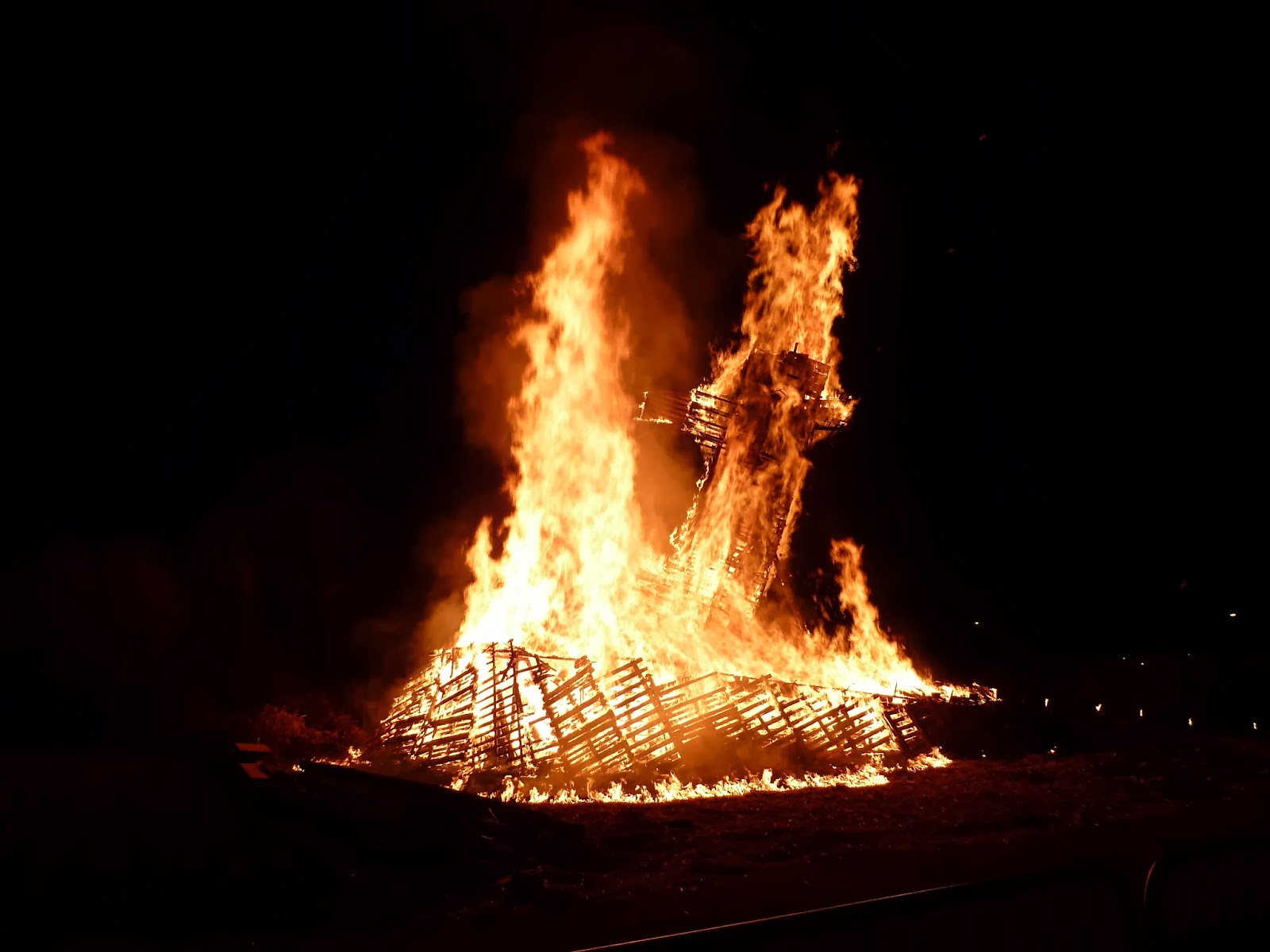Three months ago, I arrived in Luxembourg. In spite of
the dark and cold, January was actually a great time to set up camp. What
better way to start the New Year than in a new place, doing new work, meeting
new people, gaining new experiences, and all in a country that had a new Prime
Minister for the first time in 19 years.
Since day one, work has been a healthy combination of
challenging and interesting. With the Embassy being quite small, I have been
able to gain an insight into what each member of the team does, and to help out
with a large variety of tasks and projects. The working day has thus been
wonderfully varied, which is always a bonus. Furthermore, I’ve been able to
learn more about the UK’s engagement in foreign and EU affairs, and I feel
better acquainted with how the FCO and its many missions operate. Until seeing
it in action, such a complex machine is quite hard to visualise, but my
understanding of it has certainly begun to solidify. It has also been
fascinating to see how the small country of Luxembourg has been coping with the
changes to its administration, and how it has been responding to regional
problems, national developments, and international crises. You could perhaps
say that the Embassy has been the lens of a microscope that is trained on a
selection of slides exhibiting some Foreign Service cells, EU molecules, and
Luxembourgish DNA.
 |
| Luxembourg doesn't quite have a green glow yet, but maybe when summer comes... |
Developing a deeper understanding of Luxembourg’s
administrative skeleton has been great; discovering its flesh – that is to say
the populace – has been equally charming. Luxembourg is a great place to go,
regardless of how many people you expect to know there: there is little
anonymity and people are extraordinarily welcoming. Someone I met here said
that everybody is nice to everybody else because they never know when they are
going to meet again! Ostensibly cynical though this may be, there is some truth
in it. In a place like London, all odds would be against a second meeting, but
here in Luxembourg it’s a veritable likelihood. Furthermore, the variety of
people I have met is astounding. There are people from all over the world and
all walks of life, and it has been wonderful to see how they all come together
in this brimming melting pot.
A recent addition to the Luxembourg creuset was
Father Michael Lapsley, a South African priest, in town to launch the
German-language version of his autobiography. During his book launch, he spoke
of his experiences campaigning against the apartheid regime, before and after receiving
in 1990 a letter bomb that blew off his hands and caused him to lose one eye.
His story was compelling, to say the least. He addressed issues such as
disability, trauma, and healing, and said he was grateful that the letter bomb
had taken only his hands, leaving his greatest weapon, his tongue, perfectly
intact. He propounded the need for individual independence, but also for
individuals to be interdependent, and explained his understanding of
forgiveness and justice, and how the two can be reconciled, in his view. It was
an exceedingly thought-provoking event.
 |
| Fr Michael's autobiography, in German: Mit den Narben der Apartheid: Vom Kampf für die Freiheit zum Heilen traumatischer Erinnerungen |
And that same sentence could be re-applied to so many of
the experiences I’ve had here; my mind has been kept happily scurrying. Just
this week, I had the pleasure of meeting and attending a talk given by British
rower, Steve Williams, OBE, two-time Olympic Gold medallist, and four-time
world champion in the men’s coxless four. He was not there to promote his sport
(the many descriptions of excruciating and constant pain could entice no-one
but an extreme masochist); his focus lay elsewhere. Lots of what he said was
about self-motivation, but he spoke equally about how to be a good team player,
and a significant proportion of his talk was centred on being a good leader.
Really, it spoke to everyone in some way; even if it did nothing to convince
anyone that it would be fun to get up at 6am for an icy row, this indomitable
athlete used his personal sporting anecdotes well in order to transmit some
universally applicable mantras.
 |
| Steve Williams and his two Olympic Gold medals |
















